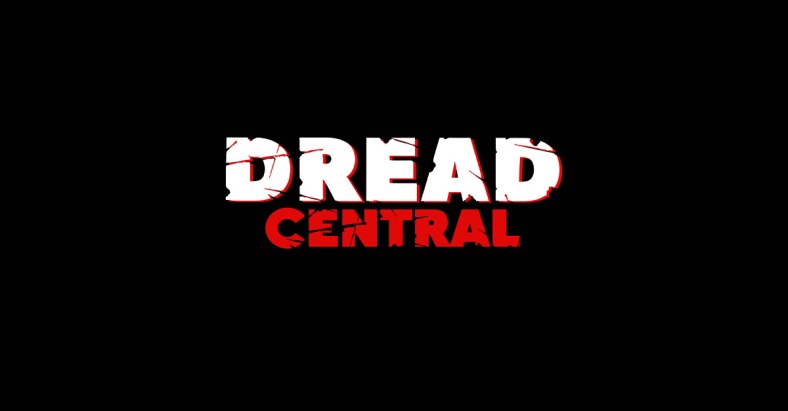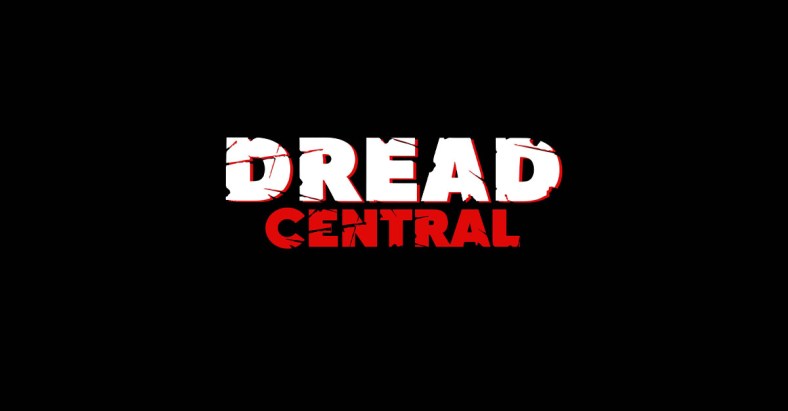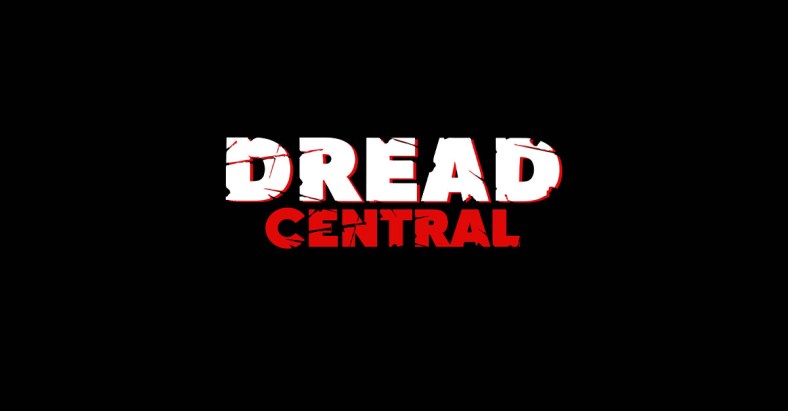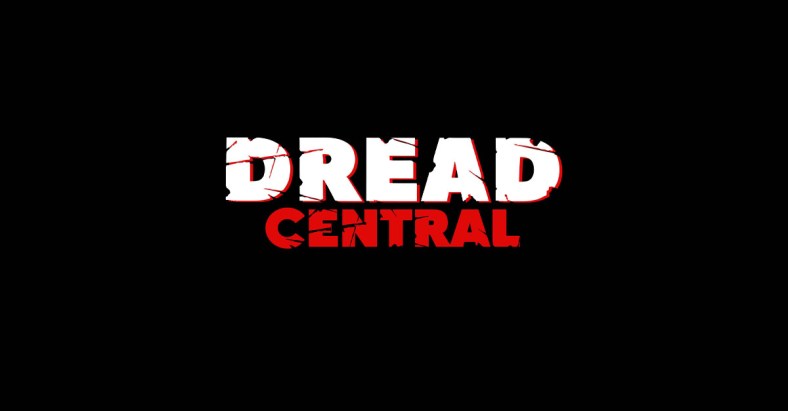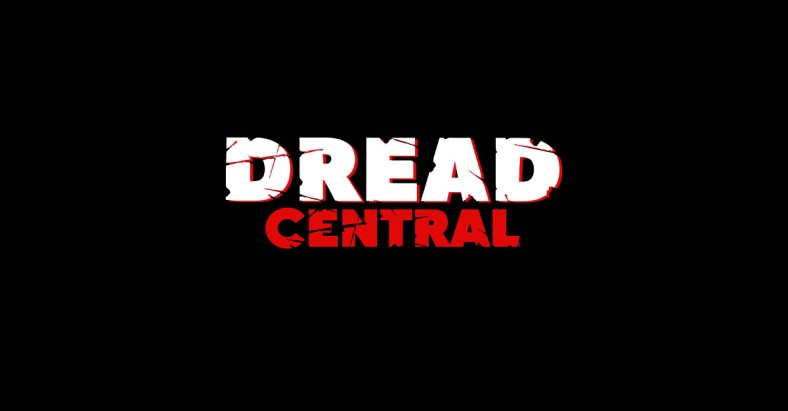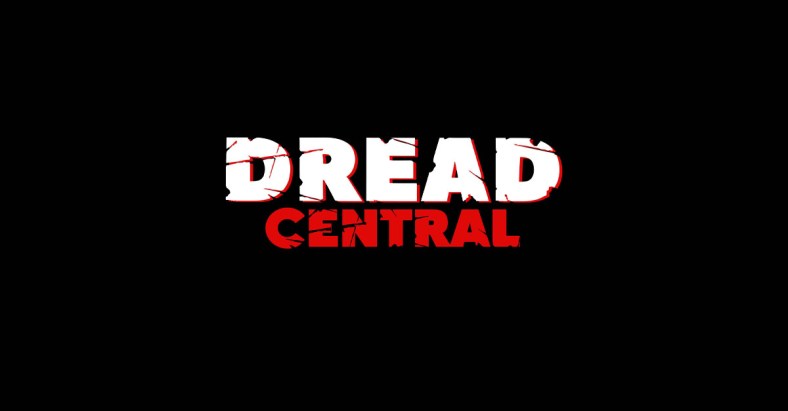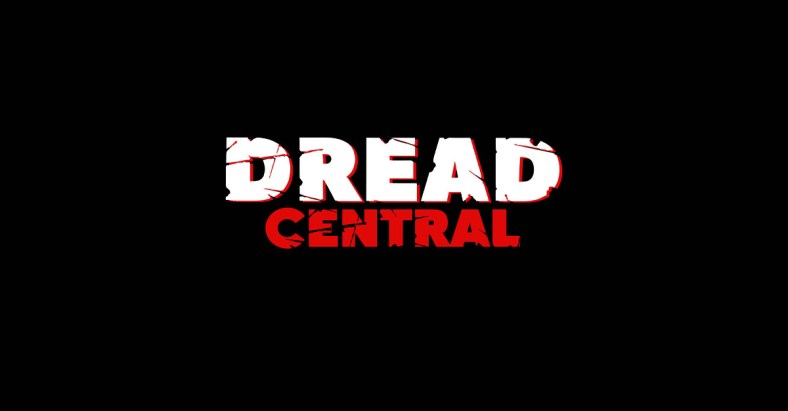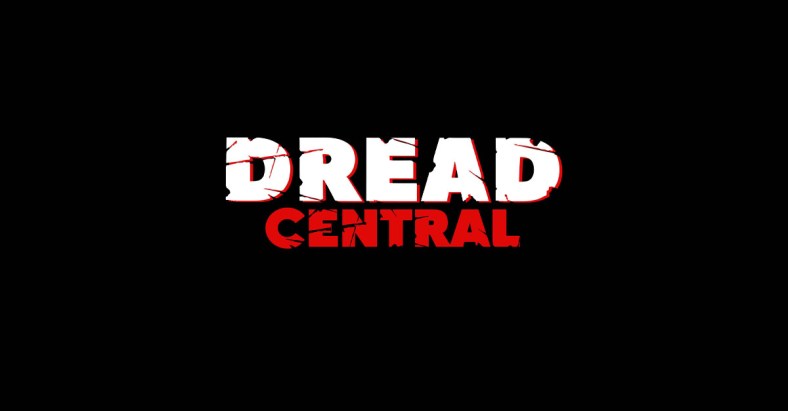Losing Religion and Finding Spirituality Through Horror

*Author’s note – I tend to write in a conversation-based approach and try to use storytelling as a way to articulate my feelings, so although these are 100% my own experiences, I am in no way trying to sway any individual’s belief systems.
I grew up in Visalia, a small town, heavily in the Bible Belt of the Central Valley of California. My mother was the daughter of a Baptist minister and my father was raised in a religious and very conservative family. To say my young childhood was filled with both of those elements would be an understatement. As a child, I knew that God was real and scary and that liberal politics were for “hippies.” When my life was radically changed at the age of seven, I found solace in something I previously did not know even existed: The horror genre.
I knew what Jaws was, only because my grandmother worshipped that movie the same way Freddy Krueger worships one-liners. But to discover that there was an entire GENRE of films like that was most definitely the most profound revelation of my life. I soon became obsessed with discovering every single horror film as I could. When my older brother and I went to the theater to see Die Hard on opening night, I bribed him my entire next three weeks of allowance if he would also watch Child’s Play with me that same night. I spent more time in the theater than I did at home and though there were very specific reasons for that, it was the horror genre that allowed a young me to live vicariously through the final girls (and boys in the case of Andy Barclay), surviving their trauma and horror.
The issues that seemed to always pop up with my budding love for all things horror, were ones that clashed with my religious upbringing. It’s extremely difficult for a kid only wanting to feel seen and understand and finding that connection via horror, to be told that the very thing that kept him from succumbing to depression was evil and not of God was about as soul-crushing as the horrible things going on behind closed doors at the time. I felt guilty, like “God” would hate me for finding courage through Laurie Strode or Tommy Jarvis, that I would burn in hell if I watched Halloween 5 when it hit theaters (I did).
To say I was struggling internally with my love for feeling a part of a genre and my upbringing of faith and conservative thinking would be the understatement of the year. My father was never a hands-on type of parent, so as long as I attended church every Wednesday night and twice on Sunday, he didn’t snoop into what I was doing often. So, it was a time when I’d walk across the street to Major Video, and take advantage of the “five movies for five days for five dollars” promotion and bring back as much horror as possible. Whether it be Mr. Frost, Re-animator, or I Come in Peace, I needed anything genre and, over the years, the struggle between the belief system I was raised on and the guilt I felt loving films like Bram Stoker’s Dracula and The First Power led to a nervous breakdown as an early teen.
I felt wrong sitting at my youth group’s bonfire, throwing the VHS-horror game Nightmare into the fire and my cousins saying, “Go to hell, Satan”, all while thinking of how crazy Loomis was in Halloween 5 instead of joining in the anti-horror festivities. It was at that moment that I had a realization: I did not buy into the hatred disguised as faith that was presented to me growing up. In life, we have very few truly profound moments. Maybe the birth of a child, getting married or seeing Justin Benson and Aaron Moorhead’s Spring. But aside from those moments, to say something truly magical happens in life is silly to me.
That night though, as a 14-year old Jerry stared at the flames, burning so many things I loved, I felt bummed that my Pantera shirt was on fire, but at the same time, I felt free from the shackles of self-hatred that religion always brought me. I slept well for the first time in years that night, knowing that I was okay loving what I loved and that I was simply not one of those people. Don’t get me wrong, I still attended church. In fact, my father made me well into my late teens, until I left home when I was of age. But it was mostly because I could skateboard and play in crappy bands on Friday nights during youth group. Faith was non-existent to me and I knew where my heart was: In the hands of “The Shape”, Jason, Freddy, and so on.
It’s only when I discovered films like The Exorcist III [Featured Image], that I began to really find what I like to call my personal spirituality. Films that questioned faith and how we all feel really spoke to me. Though The Craft was a heightened, very dramatic look at witchcraft, I found something of a kindred feeling to the Wiccan and magick-based ideas and faith. I began reading books like Scott Cunningham’s Wicca: A Guide for the Solitary Practitioner and I felt that for once, I aligned with a form of faith that didn’t expect me to set fire to my VHS copy of Full Eclipse or Relentless, but instead, taught me that the world and nature were just as important as I was. I felt free. From that moment, films like Jacob’s Ladder, Frailty, and even more recently, Hereditary, really spoke to me about faith and what I believed.
Having let go of my religious upbringing, I allowed horror and genre storytelling to speak to me not only about faith, but about life in general. Even more recently, films like A.T. White’s Starfish, Daniel Egypt Mortimer’s Daniel Isn’t Real or Jennifer Kent’s The Babadook really hit home with me, causing me to evaluate what I really thought about life, death and loss/grief, in ways the traditional Christian upbringing never did. Instead of being told at youth group sleepovers that I would burn in hell if I didn’t pray to Jesus and his father, I was allowed, via horror, to examine my own mortality, faith, and lasting impact.
I don’t pretend to know the answers to life and I think people who say they do are, to put it bluntly: wrong. What I do know, is that the horror genre allows us to ask ourselves the important questions that so many other parts of life refuse to. To question what you’ve been raised in, to question what you believe and do not believe, and to find the answers yourself. I love it for that and I always will.
Categorized:Editorials News

